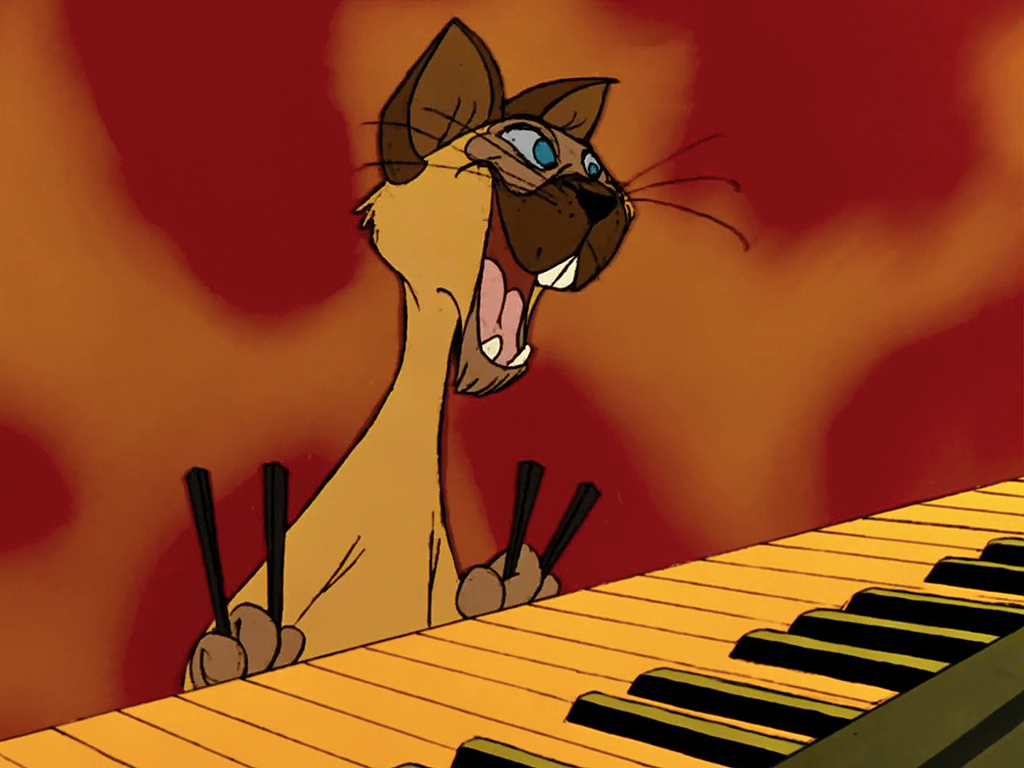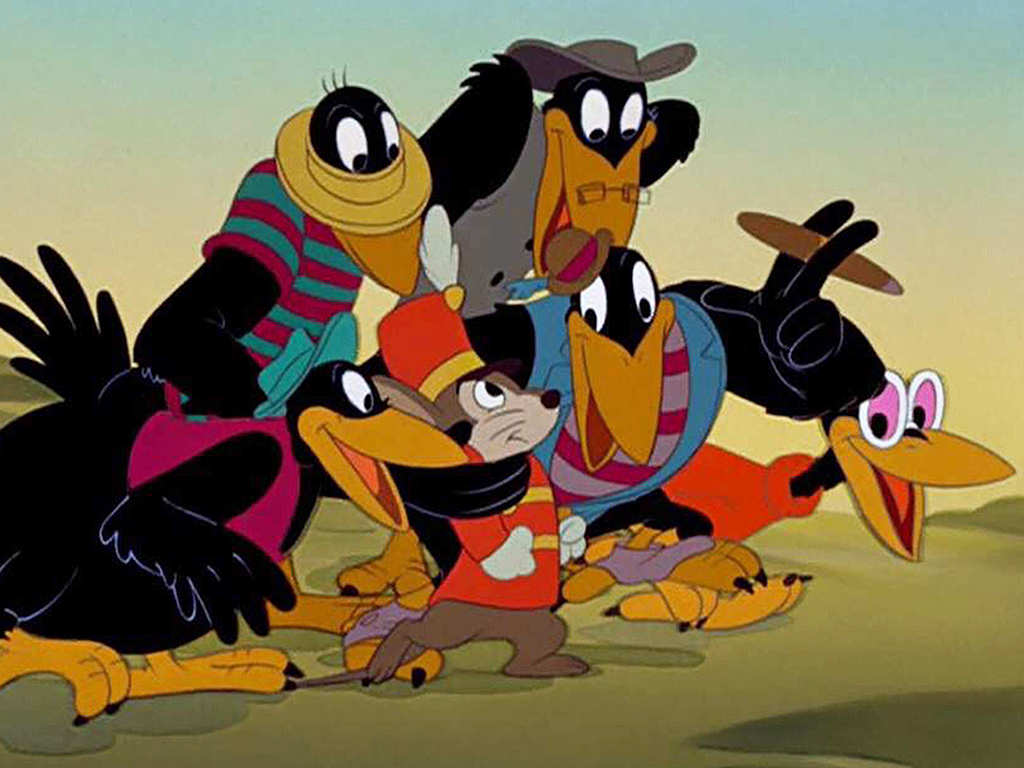It’s been only three days since the launch of Disney+ and the streaming service is warning subscribers that some of its much-beloved films may contain “outdated cultural depictions.”

Among the selection of Disney classics advertising the new warning message are Dumbo (1941), The Jungle Book (1967) and The Lion King (1994), as well as many others that the company felt “may contain” racially or culturally insensitive scenes.
Wait, There’s More: Are the streaming wars a win for consumers?
For example, the “blatantly racist” stereotypical depiction of Indigenous people resulted in Disney tagging Peter Pan (1953) with the warning. The same goes for The Aristocats (1970), where Shun Gon, the Siamese cat, plays a piano with two sets of chopsticks in another “racist” scene.
The note reads: “This program is presented as originally created. It may contain outdated cultural depictions.”
Disney has not outlined how each of its films might be considered insensitive by today’s standards beyond its single-sentence notice.
The vague and carbon-copy warnings resulted in a mass wave of subscribers criticizing the streaming giant over social media.
READ MORE: ‘Maclunkey’ — Disney Plus ‘Star Wars’ Greedo edit leaves fans perplexed
First, while many seemed happy that their favourite Disney classics (excluding Star Wars) were unaltered, some were upset that the company didn’t take full ownership of the troublesome depictions.
One shocked Twitter user wrote: “They’re not ‘outdated cultural depictions’ — they were still racist then and calling them ‘outdated’ is just blaming it on the times. No apology, no reparations to the people they hurt.”

Since its beginning in 1923, Disney has faced an abundance of controversy in this respect. Over the years, some of Disney’s character representations of people from specific races, cultures and religions have been heavily stereotyped and criticized as racist, leaving many of its viewers feeling alienated.

Get breaking National news
They are now widely considered to be offensive.
READ MORE: ‘The Little Mermaid’ live-action film casts its Prince Eric
One of the few films that even wasn’t given an “outdated cultural depictions” warning, however, was Disney’s Aladdin (1992) — and many believe it should have. The film, based on an Arabic folktale, was given a warning only for heavy tobacco usage, just as 1940’s Pinocchio was.
Over the years, people have complained that the main characters, Aladdin and Princess Jasmine, have American accents, as opposed to the villainous Jafar, who has an Arabic accent.
Pocahontas (1995) is the film that seems to have raised the most eyebrows. Despite its Indigenous stereotypes and numerous historical inaccuracies, Disney omitted the warning.
The result? A mass of Disney+ subscribers took to Twitter to share their thoughts.
The decision to forgo warnings on some of its more contemporary films seems to have sparked most of the backlash against Disney.
READ MORE: Disney Plus? Apple TV Plus? Here’s how major streaming video services in Canada compare
Perhaps Disney’s most notable offence could be the inclusion in Dumbo of a crow named Jim Crow — which was the name of an anti-African American racial caste system based in the southern U.S. states between the late 19th century and mid-20th century.
According to the Canadian Press, early reports suggested that the studio would remove the scene of crows; however, it was left unaltered upon the launch of the streaming service, prompting a wave of dispute online.
On the flip side, other subscribers were disappointed that the company took a “politically correct” approach to movies made decades ago by adding the messages and “sweeping moves like Song of the South under the rug.”
The controversial 1946 film was not made available on Disney+. It was best known for the song Zip-a-Dee-Doo-Dah and for what many consider a minstrelsy portrayal of post-Civil War plantation workers.
Many users also shared their belief that it is important to “acknowledge” movies like Song of the South to give younger and uneducated audiences insight into the history of racism, rather than hiding or “burying” it.
READ MORE: ‘Friends’ reunion special reportedly in works at HBO Max
Before the streaming service launched, Disney was faced with the question of how to present nearly a century of family entertainment history while also recognizing that many parents don’t want their young children to encounter racist depictions or culturally insensitive films without context.
In an effort to make their films more culturally appropriate, Disney has begun altering scenes and characters in many of their live-action remakes of classics, including Lady and the Tramp, which premiered with the Launch of Disney+.
Much like The Aristocats, the original 1955 film featured a Siamese cat. Two, in fact.

Rather than including the characters, or simply omitting the problematic Siamese Cat Song, Disney replaced the cats with a pair of tabby cats and included a new musical number to replace the “outdated” one.
Global News has reached out to a representative of Disney seeking further comment.
Disney+ has not adjusted any of its content warnings.
— With files from the Canadian Press










Comments
Want to discuss? Please read our Commenting Policy first.